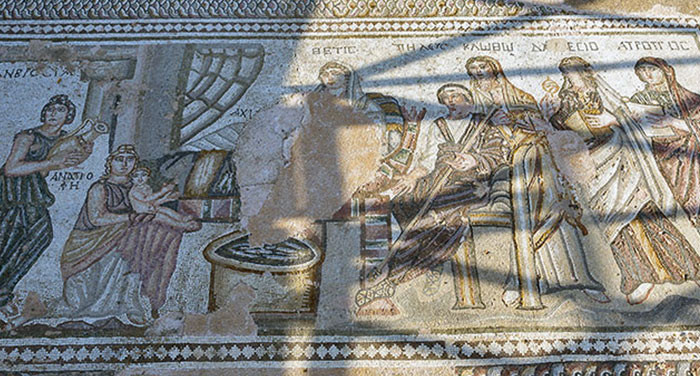
When I speak to CEOs around the country about corporate ethics, one thing’s for certain; they don’t understand its genesis. And that’s the critical unknown about corporate ethics that needs to be known. When you understand its origins, its derivations, and its original intent, then you can better wrap your arms around the significance of what’s transpired over the last 2,500 years (very little), and gain a deeper realization as to why the absence of corporate ethics today bodes a rather chilling future for businesses of all shapes, sizes and formats.
It was telling when I spoke to an acquaintance the other day about my speeches regarding corporate ethics. He said, “That must be one very short speech,” laughing emphatically as if he just coined the most important joke of the day. Truth be told, he’s the third person who said that to me in the last month. And it is kind of funny. Let’s face it, corporate ethics is a tough nut to crack. The problem is deeply-rooted in the soul of the corporation, which for better or worse, is essentially the soul of its leader, and perhaps its former leaders.
Corporate ethics begins with an innate sense of being able to do the right thing. As corny as it sounds, it’s universally true. You can’t teach it, it almost always comes from the school of hard knocks, and you can’t force it because the obstacles that prevent a leader from doing the right thing are often commerce-centric, which is the sanitized way of saying money generally gets in the way of doing right.
So, at the starting line corporate ethics is one heck of a grueling race; sort of like the 800 meters, part endurance, part sprint. But what I’ve found immensely helpful to CEOs is explaining to them the nature, meaning and impact of Deontological, Teleological and Nicomachean Ethics. It helps them with context, with a more definitive thinking in regard to knowing the history and genesis of ethics, and it makes for great storytelling which they’re able to relay to their staff.
In any event, what company can’t use a little Socrates, Plato and Aristotle as part of their team?